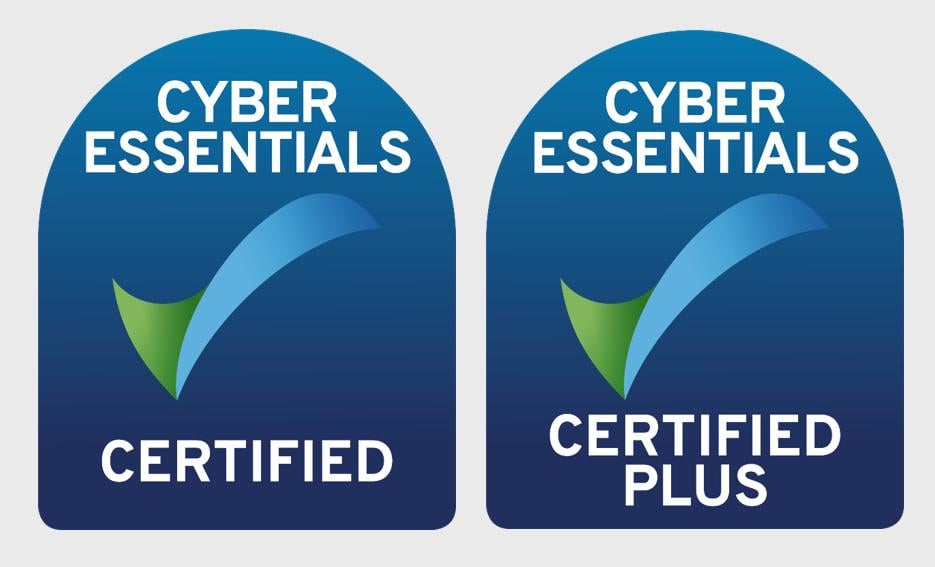Electric car charging at home explained
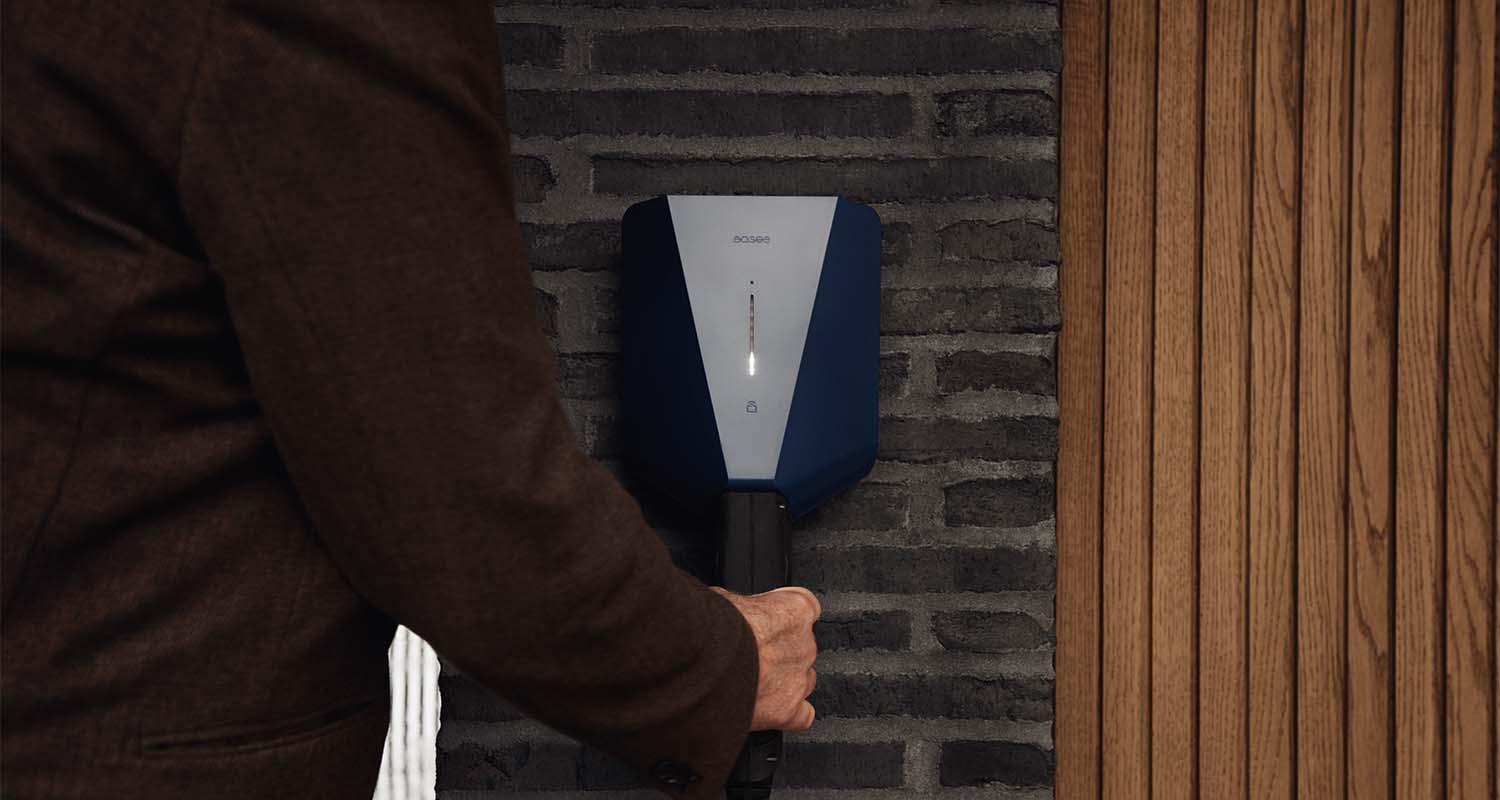
Here is where you'll find more detailed information about what to expect when using your home ev charger.
If you haven't arranged an install yet, please have a look at our home EV charger installation explained guide for more in depth detail.
- How long does it take to charge an electric car at home?
- How much does it cost to charge your car at home?
- Tips for charging your car at home
How long does it take to charge an electric car at home?
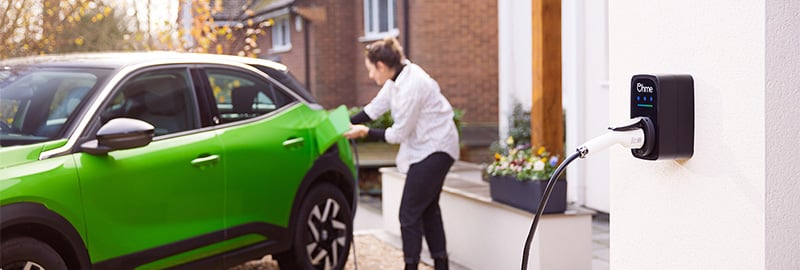
Each electric vehicle will charge at different speeds according to its onboard charger, while the amount of charging time will depend on the size of the battery as well as the charging speed.
For example, an electric car with a larger 64kWh battery will normally take longer to charge from zero to full compared to a 32kWh battery simply because it is bigger.
Luckily every EV available to buy or lease in the UK is featured as part of our vehicle directory.
Search by brand and have a look at individual models and information about how long they take to charge. For example, a Nissan Leaf e+ - Mk2 takes approximately 9 hours and 24 minutes to charge from zero to full using a typical 7kW home charging point.
A single-phase home charger - 7.4kW

This is the standard power output for a smart home charger and it will typically take around six to eight hours to add around 80% capacity back into your EV's battery.
Have a look at the specific make and model for the electric car you're considering on our directory to get more specific charging times.
Three-phase home charger - up to 22kW
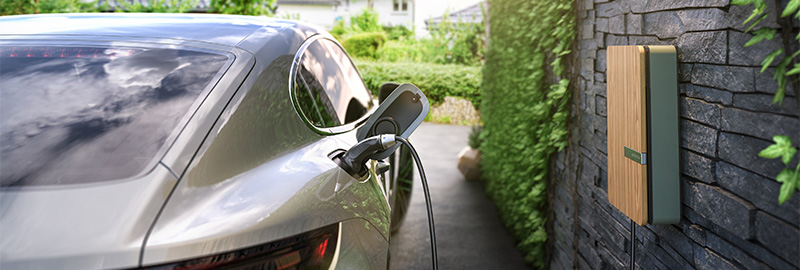
A 22kw EV charger can charge up to three times faster than the standard 7.4kw.
A typical 7kw home charge point can provide up to 30 miles of range per hour whereas 22kW can offer up to 90 miles of range per hour.
A 22kw installation means also having to upgrade the domestic power supply from single phase to three-phase.
Most domestic properties in the UK run on a single-phase power supply meaning the homeowner's DNO will need to make additional upgrades to the electricity supply in order to be compatible with a 22kw EV charger, which can be very expensive running anywhere upwards of £1000.
It's why we would advise customers to think realistically about how quickly they need their electric vehicle to be charged up and whether a standard 7kw home charge point will do the trick.
Read our full guide on 22kW home charging here.
Three-pin plug - 3kW (a last resort)
It is possible to charge with a three-pin domestic plug, but we wouldn't recommend it.
It can take over 24 hours to get to 80%, compared to six or seven hours with a 7kW home charger.
Charging with a domestic plug also potentially means having to trail cables to the EV through open windows, which can be hazardous.
You also don't get any smart connectivity features or the ability to use electric car specific home energy tariffs.
Domestic sockets also don't feature the same safety and security measures that come as standard with a smart home charger.
Wondering which home charger to go for?
We've put together a handy guide to help you decide which is the perfect home EV charger for you and your electric vehicle
How much does it cost to charge your car at home?
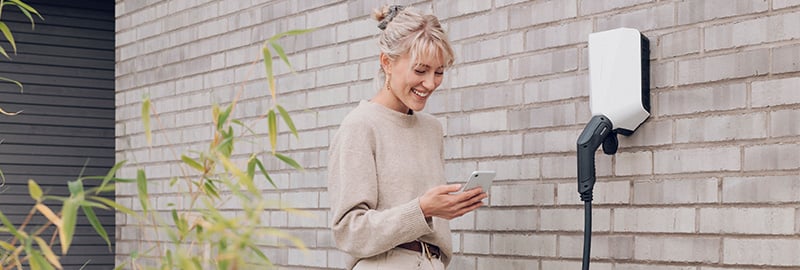
The cost to charge an electric car at home can be as little as 7.5p/kWh through an EV specific off-peak tariff like Intelligent Octopus Go.
This however is going to vary depending on the size of your electric car battery and what home energy tariff you're using.
For example, charging up a Tesla Model Y Performance Dual Motor (one of the most popular EVs in the UK) would cost approximately £5.86 for six hours of off-peak energy through Octopus.
That compares to 63p/kWh at a rapid charger network when charging during off-peak hours, or around £50 for a single charge, or 39p/kWh at an off-peak destination EV charger or around £30. If you're charging on the road at standard pricing times, the prices will likely be even higher.
As you can see, it's hugely beneficial to charge at home and it's where the biggest cost savings can be found by switching to an electric car.
We've built a "cost to charge" tool that that helps explain in further detail all the differences between home energy prices and what you could pay out on the road using a public charging point.
It's highly customisable, so you can put in the exact details for your own electric car, mileage and preferred energy supplier.
What are the benefits of a "smart" home car charger?

All the electric car charging points we sell are "smart". This means the electric car charger connects to your home internet via WiFi or 4G to offer some additional features and functions.
The main benefit is that this allows you to remotely control your car's charging schedule and take advantage of off-peak energy rates, like the ones mentioned above.
For example, if you want to charge your electric car overnight, or when your electricity prices might be cheaper, then the smart charger's accompanying smartphone app will allow you to do this.
Smart chargers also allow you to see data on previous charging sessions, such as how much energy was used and an estimated cost.
This allows you to make an informed decision when it comes to choosing an electricity tariff.
Some chargers also include other smart features such as the remote locking feature found in the Easee One and Hypervolt Home - handy if you want to prevent unwanted use of your charger.
Tips for charging your car at home
Charge little and often
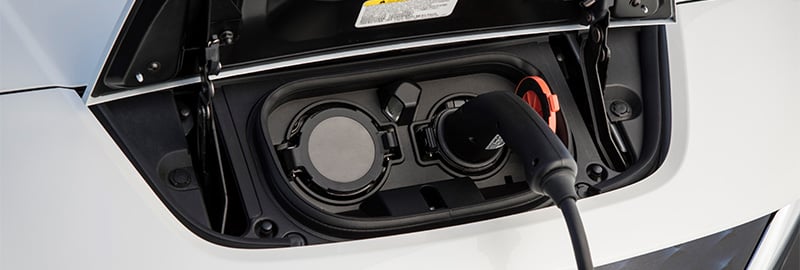
It's good practice for electric car drivers to avoid running the battery low and then doing a big overnight charge.
There are a couple of reasons for this.
There could be a scenario where you may have forgotten to plug your car in, or there was an error with the charging session, you're much less likely to have an empty car battery when you next want to use your vehicle.
A lot of the smart energy tariffs also require your electric car to be plugged in, so even if you're scheduled to charge later on in the evening, or you have a tariff that targets charging at specific times of the day, if you're plugged in, your EV charger and energy provider can smartly schedule your charging sessions.
Our main advice would be to get into the habit of plugging in everyday to recover the miles you used that day.
Pre-condition your electric car before you set off
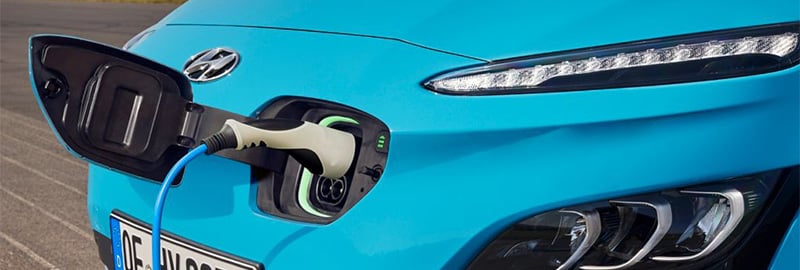
This is one of those benefits of having an electric vehicle that a petrol and diesel can't offer.
electric vehicles can be set to be pre-conditioned before you set off to help warm up the battery in colder weather.
The added bonus is that this pre-conditioning can warm up the vehicle in the cabin too, so there's no more standing on the drive with the engine running.
It's beneficial to do this whilst your electric car is plugged in, so that also helps with the previous tip of getting into the habit of plugging in and charging little and often.
Driving in the cold weather? Here's our tips!
Cold tempretures will reduce your EV's range but our tips can help you lessen the effects that the cold British weather has on our car's battery.
Only charge your electric car to 100% when going on long journeys
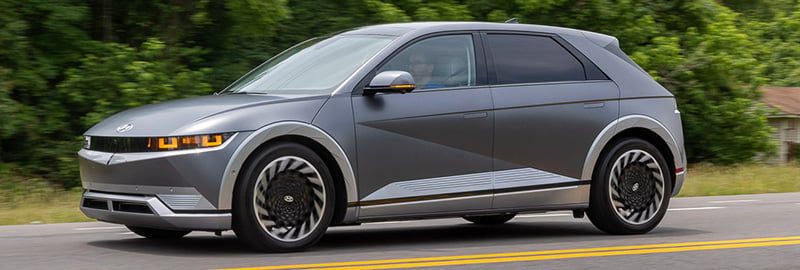
Electric car batteries have built in management systems that safeguard the battery from extreme states of charge, like running down and keeping to 0% or charging all the way to 100%.
It's why it's always recommended to extend the life of your battery by keeping your EV charged between 20% and 80%.
Charging to 100% isn't going to hugely damage your electric vehicle's battery life, but it will have an impact if it's something that happens consistently.
Ensure your cable is trailing along the ground rather than dangling when charging
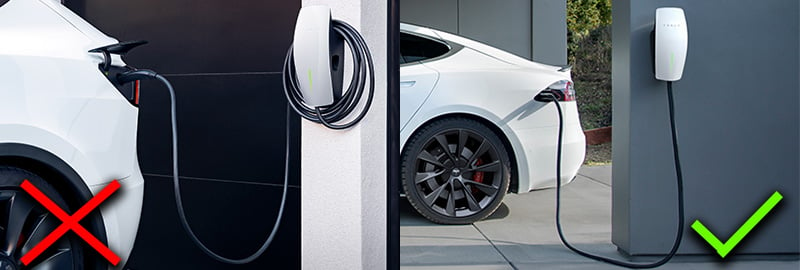
This one is pretty obvious. A dangling cable is a tripping hazard so it's better for there to be enough slack between where the home charge point is and where you park your electric car to plug in.
Smart Home Charge can provide a variety of cable types.
Standard cables are around 5 metres, but you can also get a 10 metre cable if you need extra flexibility.
Have a think about where your electric car parks to charge, whether that might change in the future or whether you need more flexibility to move where you park, but still get the cable to where you need it.








